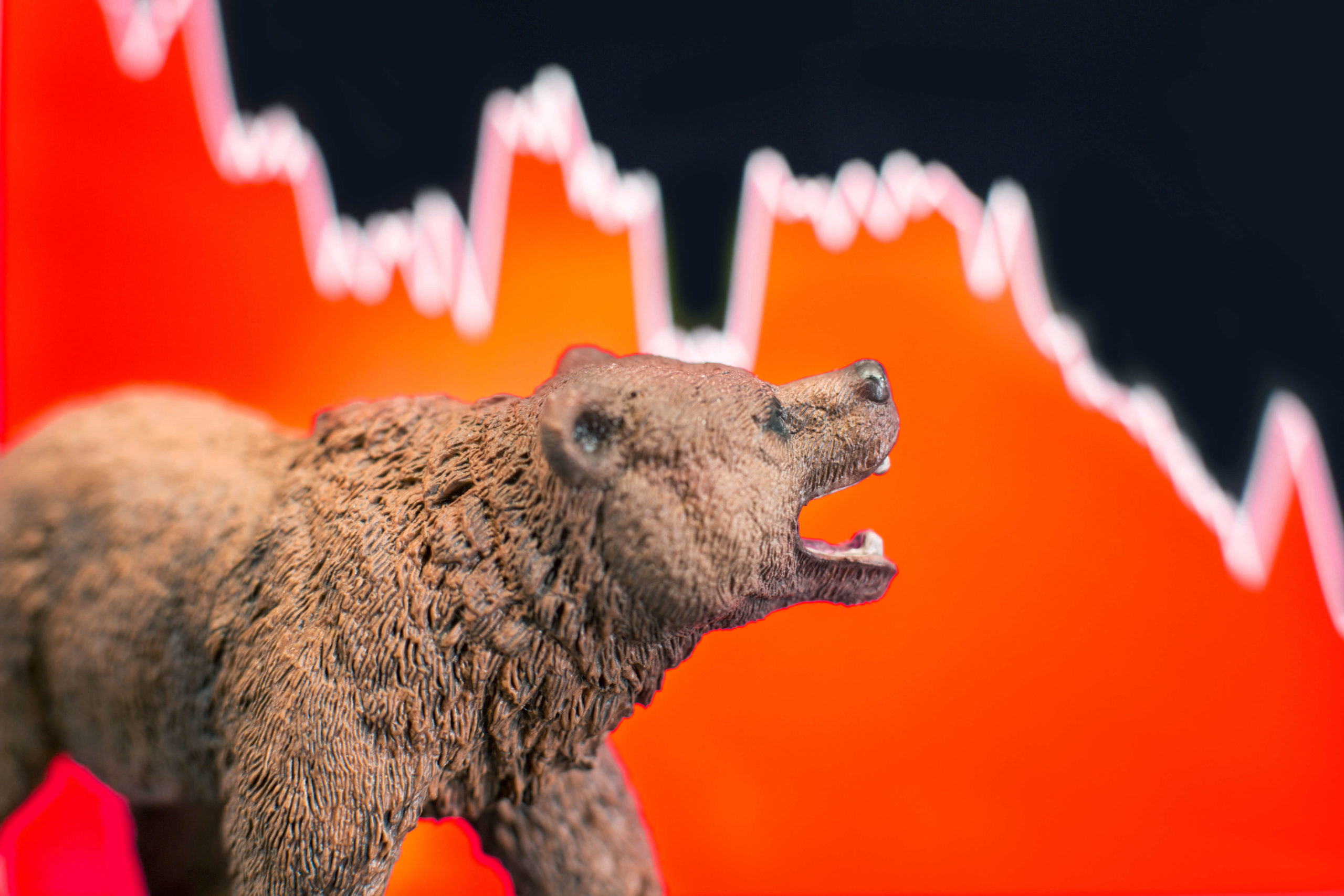If you are like most investors, you carry a few scars from past bear market experiences. And you may be asking the following questions, “What happened to get us here, and how do we make it through?” Answering these questions logically is the easy part. Not making knee-jerk reactions marks the differences between long-term success and financial failure.
Let us start with the basics – when we hear the term “bull market,” that means the market is going up. And when we hear “bear market,” our investments are falling. So, what exactly is a bear market? A bear market is defined as a 20% drop from market highs. And generally, you will see the S&P 500 market index performance being used as a reference point.
What then causes bear markets to appear? Bear markets are caused when investor fear or uncertainty reaches significant levels. Investor fear can be caused by a multitude of possible events or situations. For example, the COVID-19 pandemic caused our most recent 2020 bear market. Other historical causes have included poor investor speculation, reckless lending practices, inflated oil prices, and more.
No one enjoys watching their account values go down, and bear markets can certainly be very scary times for investors. With that in mind, here are two rules you use when investing in a bear market.
Remember investing is about the journey; it is not a sprint. One of the worst things you can do in a bear market is to make knee-jerk reactions to market movements. The average investor significantly underperforms the overall stock market over the long run, and the primary reason is moving in and out of stock positions too quickly. When stocks plunge and seem as if they'll keep falling forever, it's our instinct to sell “before things get any worse.” Then, when bull markets happen and stocks keep reaching new highs, we put our money in for fear of missing out on gains. It's common knowledge that the main goal of investing is to buy low and sell high, but by reacting emotionally to market swings, you end up doing the exact opposite. Invest using a disciplined process. When you focus on your process and don’t get caught trying to move to cash or time the market, you succeed. Remember that more things could happen that often do, and you want to have a process that protects your nest egg and grows your wealth.
Opportunity is still present. When bear markets hit, it's true that companies often go out of business. One of my all-time favorite Warren Buffett quotes is, “When the tide goes out, that's when we find out who has been swimming naked.” In other words, when the economy goes bad, companies that are overleveraged or don't have any real competitive advantages tend to get hit the hardest, while high-quality companies tend to outperform. During uncertain times, it's important to focus on companies with clean cash flows and durable competitive edges.
Times are turbulent and making emotional decisions can be more costly than you think. At Financial Enhancement Group, we stand ready to assist investors when they navigate bear markets.


